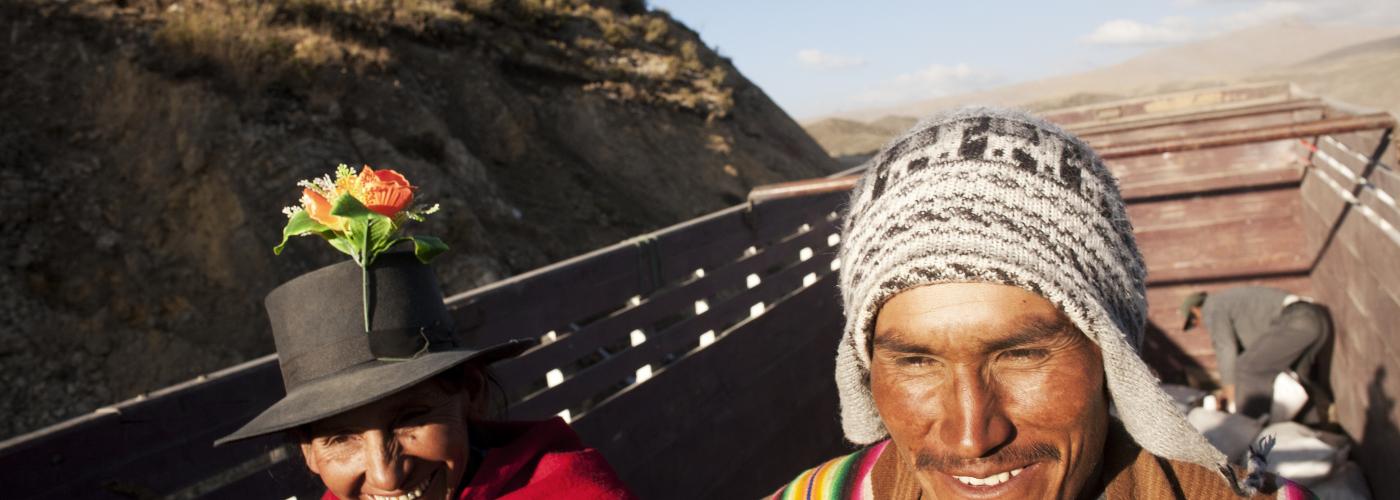General information
Title
Contribution to South Sudanese Refugees in the Democratic Republic of Congo
ID
XM-DAC-2-10-1023
CRS ID
PG/2016/10
Start date
End date
Activity status
Completion
Budget
€2.000.000
Actor
UN Office of the High Commissioner for Refugees UNHCR_HCR - UNHCR - PRT
Country
CONGO (DEMOCRATIC REP.)
Sector
Humanitarian aid - Emergency Response - Relief co-ordination , protection and support services
Aid type
Project-type interventions
Priority partner country
Yes
Fragile state
Yes
Least developed country
Yes
Budgetline
54 51 356026 Humanitarian programs
Finance type
GRANT
Tied status
No
Flow type
ODA
Body
General
Sinds eind 2015 zijn er meer dan 600.000 Zuid-Soedanese vluchtelingen in DRC. Sinds oktober 2016 zijn ze allemaal geregistreerd, 29.000 van hen biometrisch. In september 2016 was er een verdubbeling van het aantal nieuwe vluchtelingen in Noordost DRC. Op basis van deze recente cijfers wordt verwacht dat het aantal vluchtelingen eind december 2016 rond de 75.000 zal zijn. Er worden nog 30.000 vluchtelingen meer verwacht in 2017. Dat zou het totaal van Zuid-Soedanese vluchtelingen in DRC op 105.000 brengen. Een erg hoog percentage onder hen zijn kinderen en adolescenten die specifieke aandacht vereisen wat betreft gedwongen rekrutering en seksuele exploitatie en wat betreft toegang tot onderwijs en positieve mentale ondersteuning. In totaal zijn 84% van de vluchtelingen vrouwen en kinderen.
Naast de extreme armoede van de lokale bevolking, vormt de toegankelijkheid van de regio een groot probleem voor humanitaire interventies. De gebieden zijn erg afgelegen met slechte wegen en een beperkte marktoegang voor basisproducten en ander materiaal. Omwille van deze omstandigheden concentreert UNHCR zich op een niet-kamp aanpak, waarbij UNHCR de integratie in de lokale gemeenschappen faciliteert en steunt op de bestaande infrastructuren. Bangalu, Bitima, Dungu, Doruma, Duru, Gangala, Massombo, Mogorko en Sugba (in de provincie Hoog Uélé) zijn de belangrijkste sites waar de vluchtelingen momenteel leven.
Protection des réfugiés sud-soudanais en RDC
Other
RDC
With regard to a favourable protection environment, UNHCR and Congolese authorities led sensitization campaigns to encourage refugees to move away from the border with South Sudan and to reach Biringi site near Aru (Ituri province) in order to be registered and to receive assistance. UNHCR assisted the Commission Nationale pour les Réfugiés (CNR) in organizing trainings for members of local authorities and civil society on refugee protection, highlighting needs for border security reinforcement and continued sensitization of refugees on relocation.
Throughout 2018, evaluation of locations for potential new settlement site was ongoing between UNHCR and the government as the Meri site (Haut-Uele province) was hosting over 33 000 refugees (beyond its capacity of 20,000 people). Moreover, the relocation and biometric registration of an estimated 12,000 refugees residing in highly insecure border areas of Dungu territory (Haut-Uele province) was a pressing priority. The Provincial Governor of Haut-Uele passed a decree designating Bele (Faradje Territory) as a new site for the relocation of South Sudanese refugees, opening the possibility for the transfer and registration of refugees still staying in insecure border areas of the province.
UNHCR handed over two police cars to the local authorities in Faradje (Haut-Uele province) to facilitate patrols and thereby improve the security of the population in general and the refugees at Meri site.
As concerns security from violence and exploitation, through the individual biometric registration, 964 unaccompanied or separated children (UASC) were identified and 200 children (21%) received appropriate protective care arrangements based on the Best Interest Determination (BID) procedure (including food and non-food items, psychosocial support, access to education and to the reunification process). UNHCR supported the International Committee of the Red Cross (ICRC) at refugee sites facilitating family tracing and reunification process. In Aru and Aba, panels for determining the best interests of the child were set up and their members benefited from trainings on child protection.
./..
Documents
Documents


